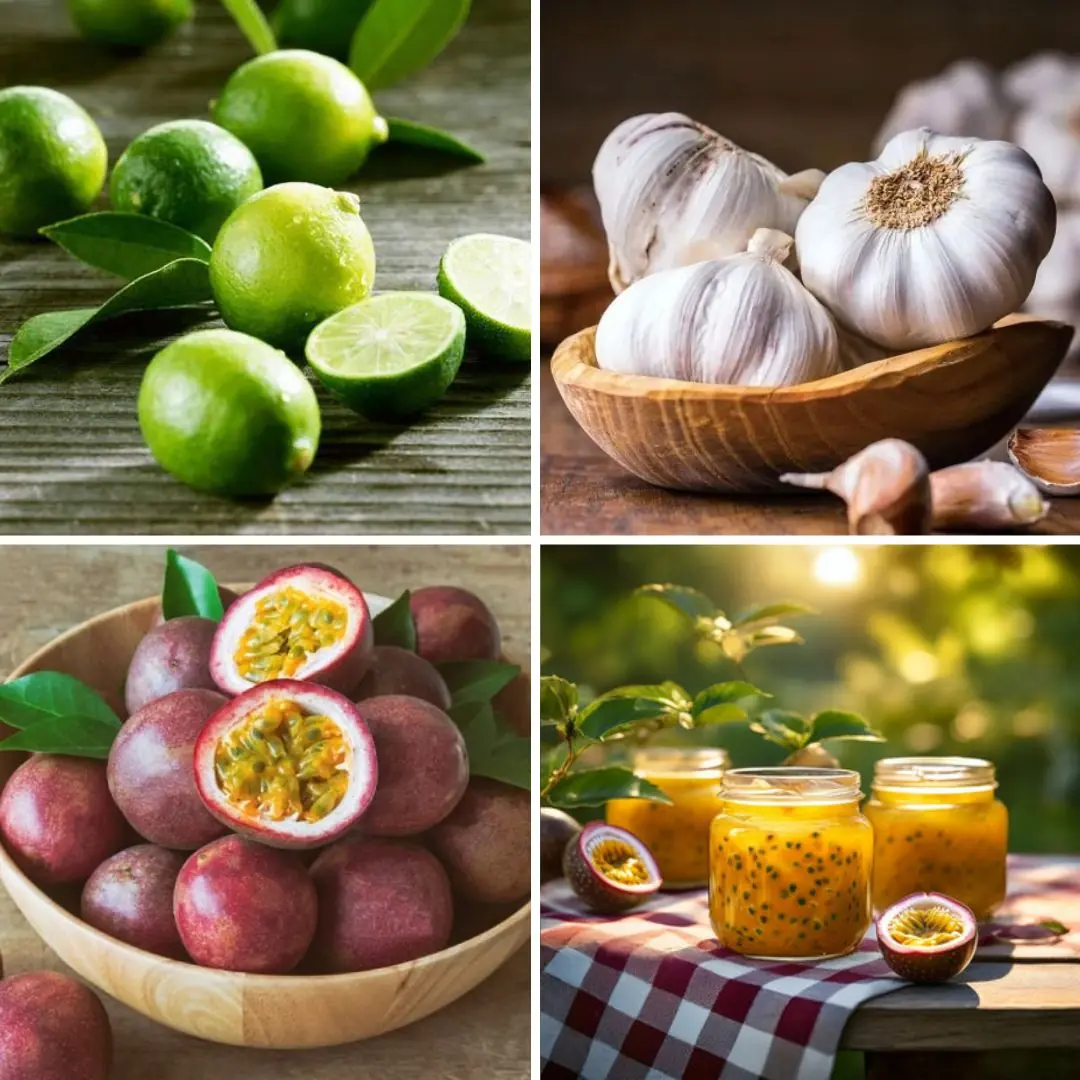
Guava Leaves: Surprising Health Benefits and Safe Uses for Seniors
Why Guava Leaves Are a Natural Ally for Senior Wellness
As more seniors explore natural ways to maintain good health, guava leaves are gaining recognition for their wide range of potential benefits. From easing digestion to promoting heart function, these humble leaves—long used in traditional medicine—are being reexamined through the lens of modern science. This article delves into the research-backed benefits of guava leaves, safe usage methods, and practical tips for incorporating them into a wellness routine for those over 50.
What Makes Guava Leaves Unique?
Guava leaves come from the Psidium guajava tree, a tropical plant native to Central and South America, and now widely cultivated in regions like Florida, Hawaii, and parts of Asia and Africa. While the guava fruit is famous for its high vitamin C content, the leaves are rich in antioxidants, polyphenols, flavonoids, and tannins that contribute to their healing potential.
Studies have shown that guava leaves possess anti-inflammatory, antimicrobial, and antioxidant properties, making them a valuable natural option for those seeking gentler health solutions. According to WebMD, these compounds may help protect the body from various ailments associated with aging, from poor digestion to cardiovascular challenges.
For seniors, who may be navigating multiple medications or chronic health issues, guava leaves offer a low-impact supplement to conventional wellness strategies—when used safely and in moderation.
👉 Tip: Share this article with a friend or loved one who appreciates natural health remedies!
Key Health Benefits of Guava Leaves for Adults Over 50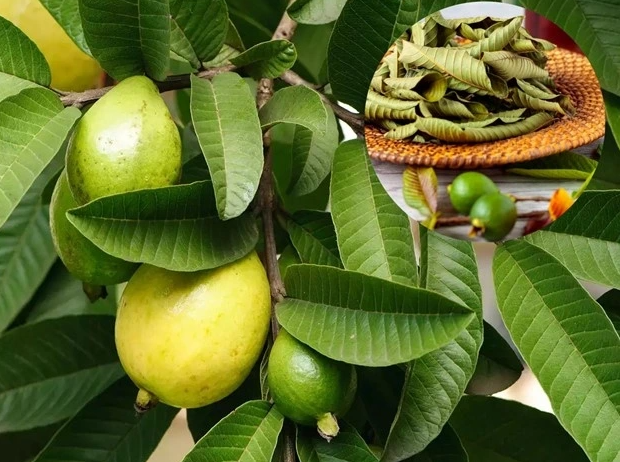
As we age, the body’s systems naturally begin to slow, and common concerns like inflammation, poor digestion, and rising blood pressure become more prevalent. Guava leaves may support some of these issues through their natural compounds. Here are five areas where they can make a positive impact:
1. Supports Digestive Health
Digestive issues such as bloating, diarrhea, and stomach cramps often become more common with age. Guava leaves contain antibacterial agents that can help balance gut flora. A study published in the Journal of Ethnopharmacology revealed that guava leaf extracts helped reduce harmful bacteria in the intestines, promoting better digestion.
“Guava leaf tea can be especially soothing after meals,” notes holistic nutritionist Dr. Elena Marks. “It gently supports the gut without the side effects of synthetic remedies.”
2. Promotes Heart Health
The antioxidants in guava leaves—especially quercetin—may help reduce oxidative stress, which plays a major role in cardiovascular disease. According to Harvard Health, protecting blood vessels and preventing arterial damage are key to reducing heart disease risk in older adults.
Additional compounds in guava leaves may also help manage cholesterol levels, although more research is needed to confirm long-term effects.
3. Helps Regulate Blood Sugar
Managing blood glucose becomes more crucial after 50, especially for those with type 2 diabetes or prediabetes. A study in the Journal of Clinical Biochemistry and Nutrition found that guava leaf tea improved insulin resistance in some participants, aiding in blood sugar regulation.
While promising, it’s important to monitor blood sugar closely and work with a healthcare provider if you're considering guava leaves alongside diabetes medications.
4. Reduces Inflammation
Chronic inflammation is linked to joint pain, stiffness, and degenerative diseases. Guava leaves are rich in anti-inflammatory agents that may help reduce these symptoms. A study in Phytotherapy Research confirmed that guava leaf extracts helped reduce markers of inflammation in animal trials.
5. May Support Oral and Skin Health
Thanks to their antibacterial properties, guava leaves have also been used in mouth rinses and skin salves. They may help reduce plaque, fight bad breath, and soothe minor skin irritations, making them useful in daily hygiene for seniors.
How to Use Guava Leaves Safely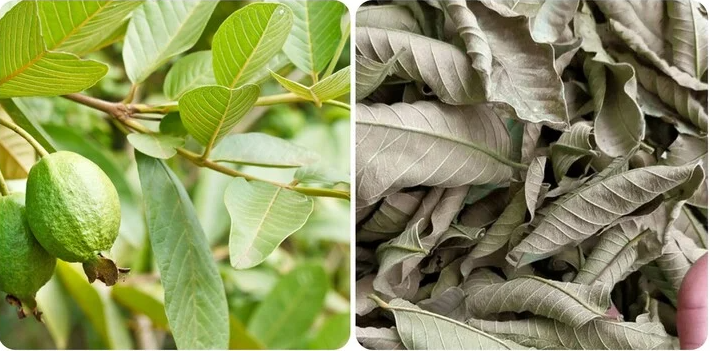
Guava leaves can be consumed or applied in different ways, but safety should always come first—especially for older adults managing health conditions.
1. Guava Leaf Tea
This is the most common and gentle method. To prepare:
-
Boil 4–5 fresh leaves or 1–2 tsp of dried guava leaves in 1 cup of water for 5–10 minutes.
-
Strain and sip.
-
Start with one cup per day, and increase to two if tolerated well.
Avoid adding sugar, and instead, use a touch of honey or lemon for flavor.
2. Topical Applications
Crushed fresh leaves can be used on minor wounds, rashes, or insect bites due to their antimicrobial properties. Always test a small patch of skin first to check for allergic reactions.
3. Guava Leaf Extracts and Supplements
These are available in capsules, tinctures, or powders at health stores. However, because extracts are more concentrated, they may interact with medications. Only use under the supervision of a healthcare provider.
How to Source and Prepare Guava Leaves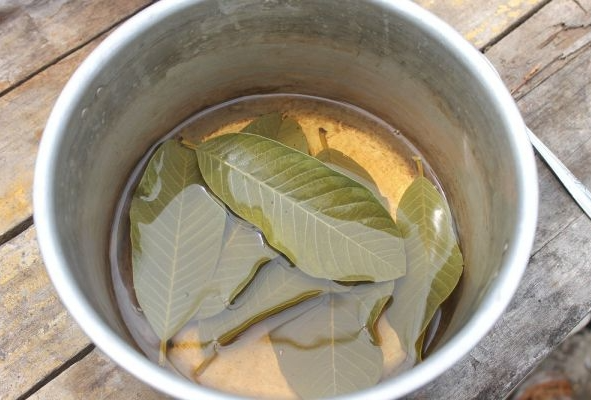
Fresh or dried guava leaves can be easily obtained or grown at home:
-
Grow Your Own: If you live in a warm climate, planting a guava tree can provide year-round access. The tree is relatively low-maintenance and offers both fruit and leaves.
-
Buy Reputable Products: When buying dried guava leaves online or in stores, ensure they are organic and pesticide-free.
-
Harvest Tips: Pick young, healthy green leaves from a clean, untreated tree. Rinse thoroughly to remove dirt or pollutants.
-
Storage: Dried leaves should be stored in an airtight container away from heat and sunlight for up to 12 months. Fresh leaves can be refrigerated for up to one week.
Avoid leaves from unknown sources or near roadsides due to potential chemical exposure.
Precautions for Seniors Using Guava Leaves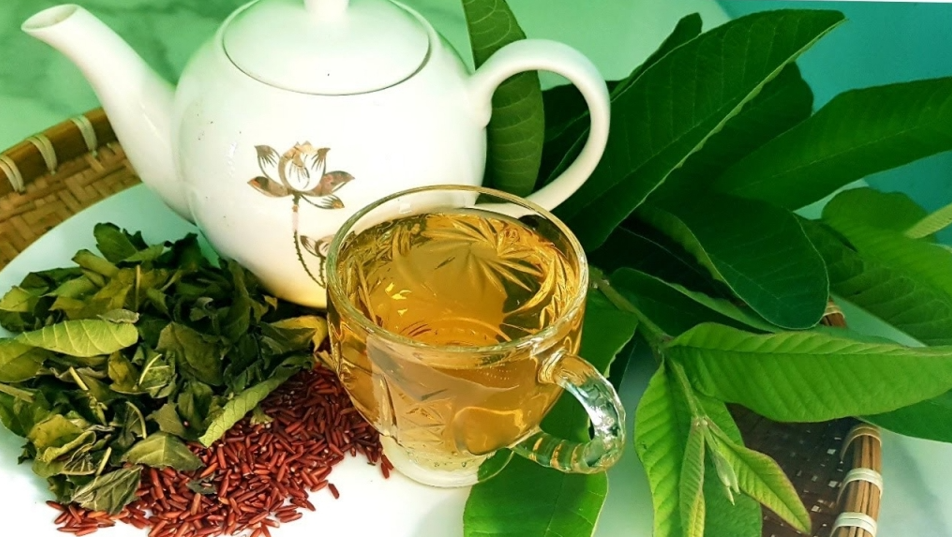
Although guava leaves are generally considered safe, seniors should be cautious due to the possibility of interactions with medications or underlying conditions:
-
Drug Interactions: Guava leaves may lower blood sugar and blood pressure. This can amplify the effects of diabetes or hypertension medications.
-
Allergic Reactions: Rare, but symptoms like rash, nausea, or itching should not be ignored.
-
Not for Pregnant Women: If caregivers or family members are pregnant, guava leaves should be avoided due to possible uterine-stimulating effects.
-
Overconsumption: Drinking more than 2–3 cups of tea daily may lead to digestive upset or dizziness.
The Mayo Clinic and CDC both emphasize that herbal supplements should be introduced gradually and always discussed with your healthcare provider.
How to Incorporate Guava Leaves into a Healthy Lifestyle
Guava leaves work best as part of a holistic health routine. For seniors, this means pairing herbal remedies with daily habits that support overall well-being:
-
Balanced Diet: Prioritize whole foods—like leafy greens, fruits, nuts, and whole grains—to amplify the digestive and cardiovascular benefits.
-
Stay Active: Gentle exercise such as walking, stretching, or swimming helps reduce inflammation and maintain joint mobility.
-
Sleep & Hydration: Adequate rest and daily water intake enhance guava leaves' detoxifying effects.
-
Routine Building: Try sipping guava leaf tea in the morning or evening. Pair with meals or enjoy during relaxation time to build consistency.
Small steps can lead to big changes. Incorporating guava leaves into a well-rounded wellness routine may help you feel more energized, focused, and resilient.
Have you tried guava leaves? Share your experience or favorite natural remedy in the comments below!
Disclaimer
This article is for informational purposes only and is not intended to diagnose, treat, or replace professional medical advice. Always consult with your doctor before making changes to your health routine.
News in the same category

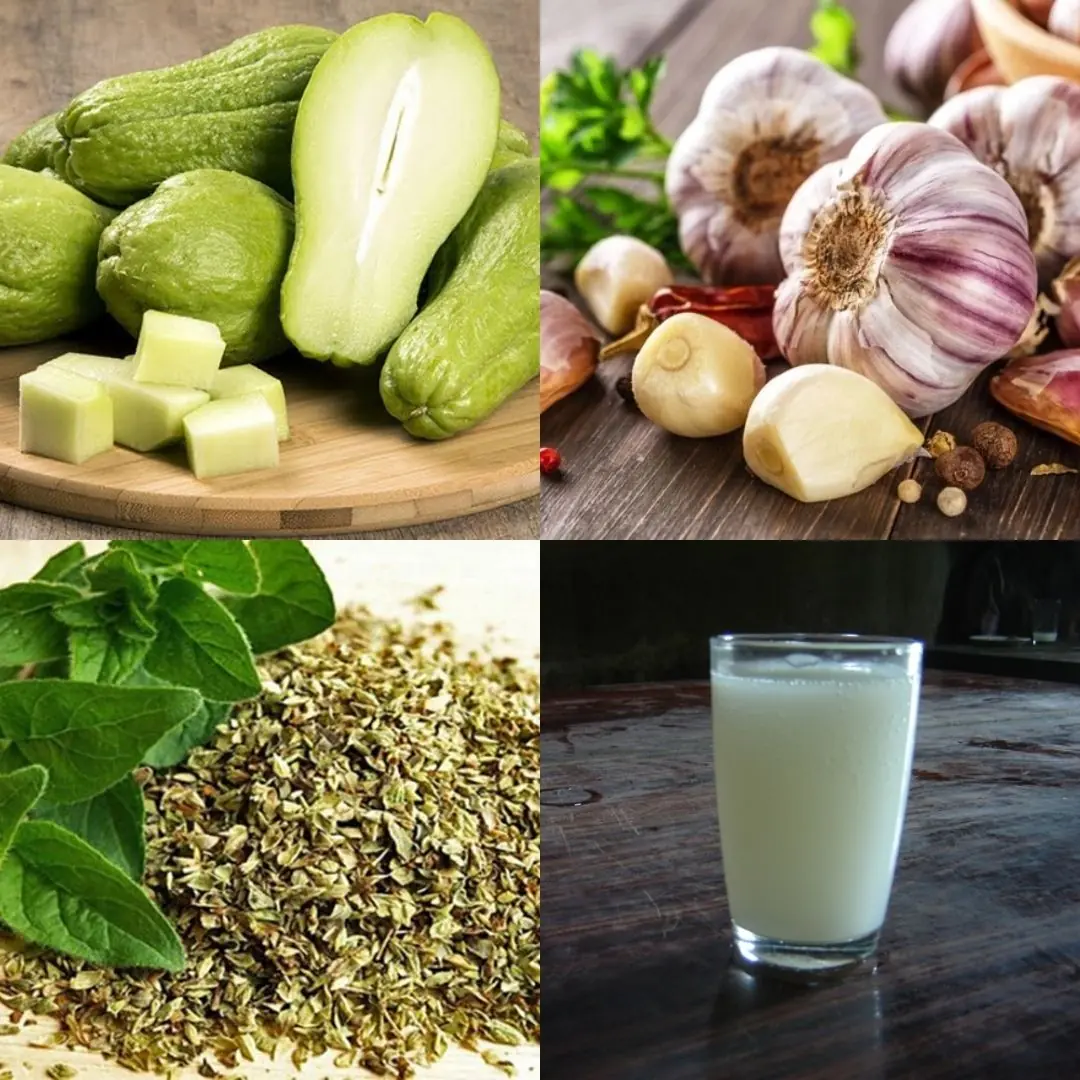
The Miracle Drink for Pancreas, Diabetes, Liver, Circulation & Cancer – All Natural and Free!

Explore the Benefits of Natural Remedies: Homemade Solutions for Removing Mucus and Phlegm – Stay Healthy the Natural Way
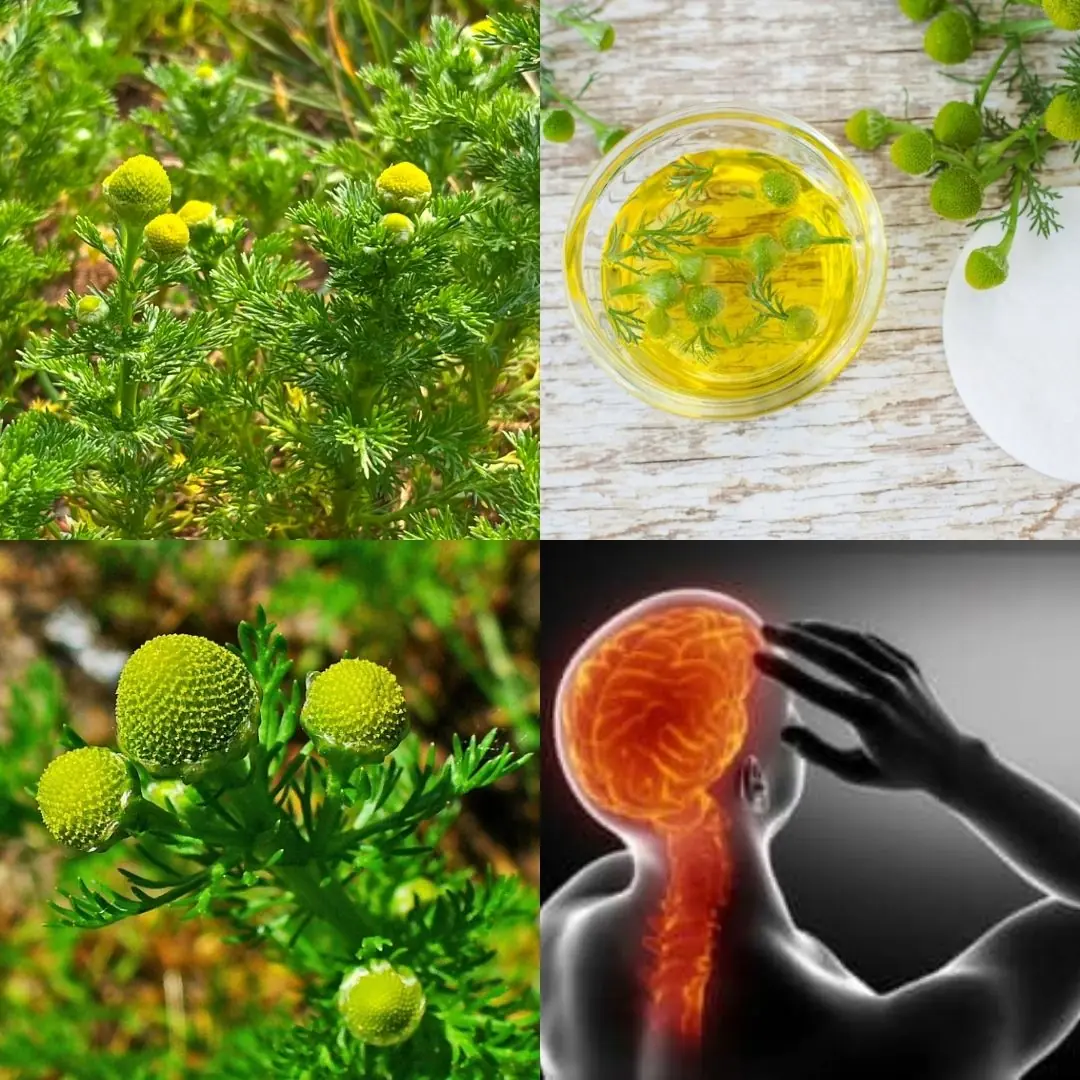
Discover Nature’s Hidden Gem: The Surprising Powers of Pineapple Weed
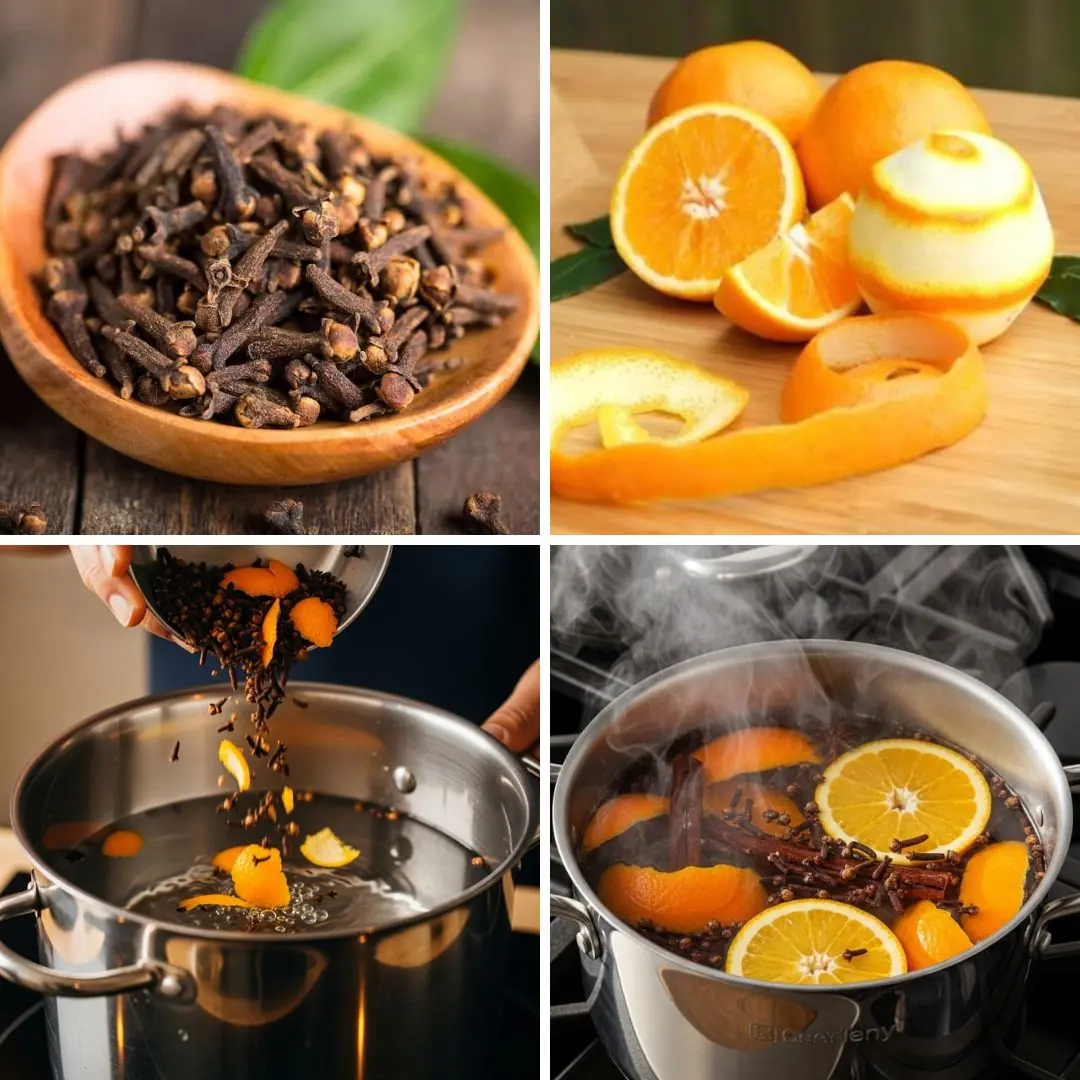
Cloves and Orange Peel Tea: The Natural Remedy for Boosting Your Health

How to Reduce Your Risk of a Second Stroke (10 Things You Can Do)
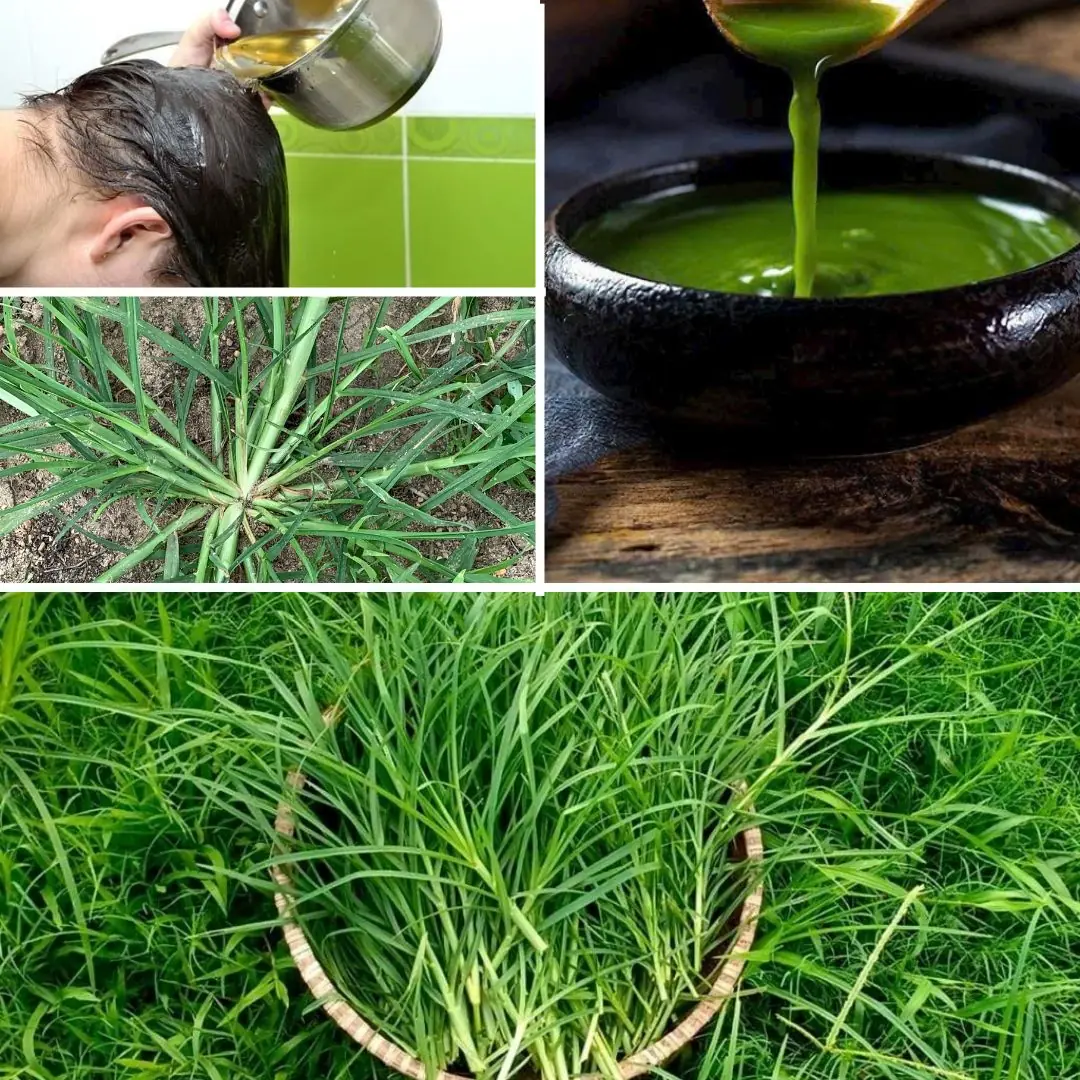
Discover the Power of Crabgrass: A Surprising Superfood with Remarkable Health Benefits
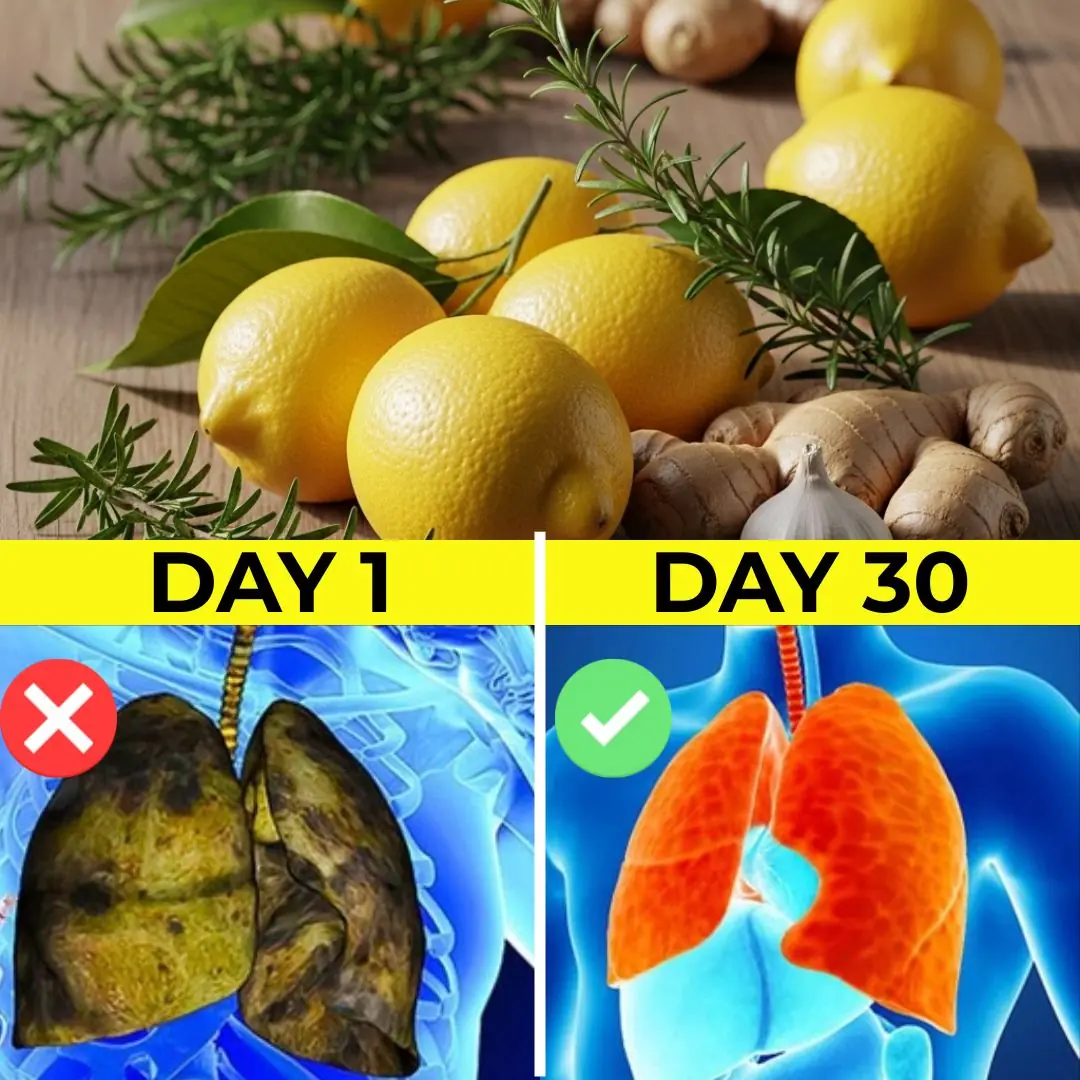
The Most Effective Way to Clear Your Lungs: Eliminate Cough & Mucus in Just 3 Days!

A Nourishing Vision Drink: Pumpkin and Red Pepper for Naturally Supporting Eye Health
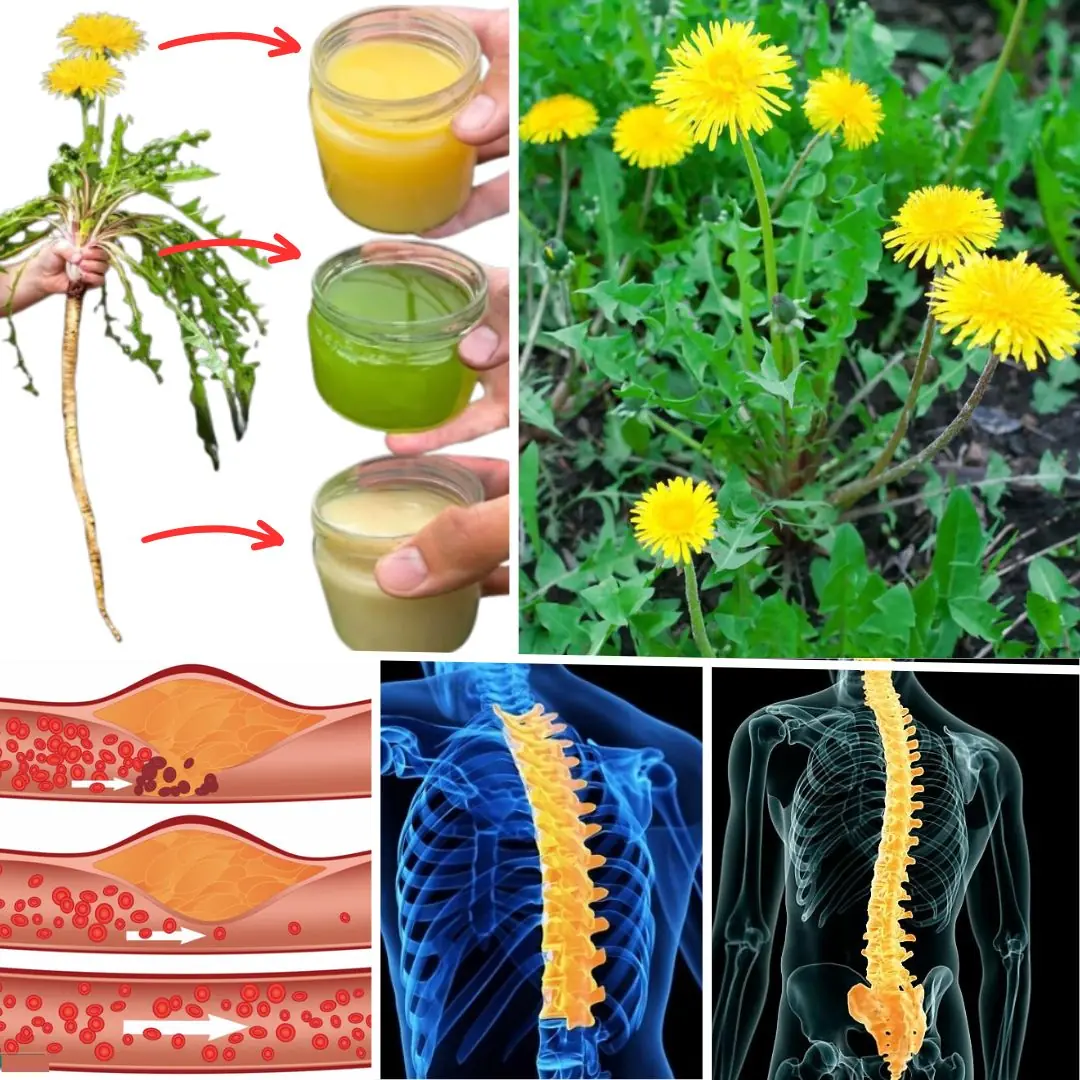
Dandelion Root Coffee: A Gentle Herbal Brew That’s Winning Hearts

Mix Apple with Lemon: A Refreshing Recipe You’ll Thank Me For!
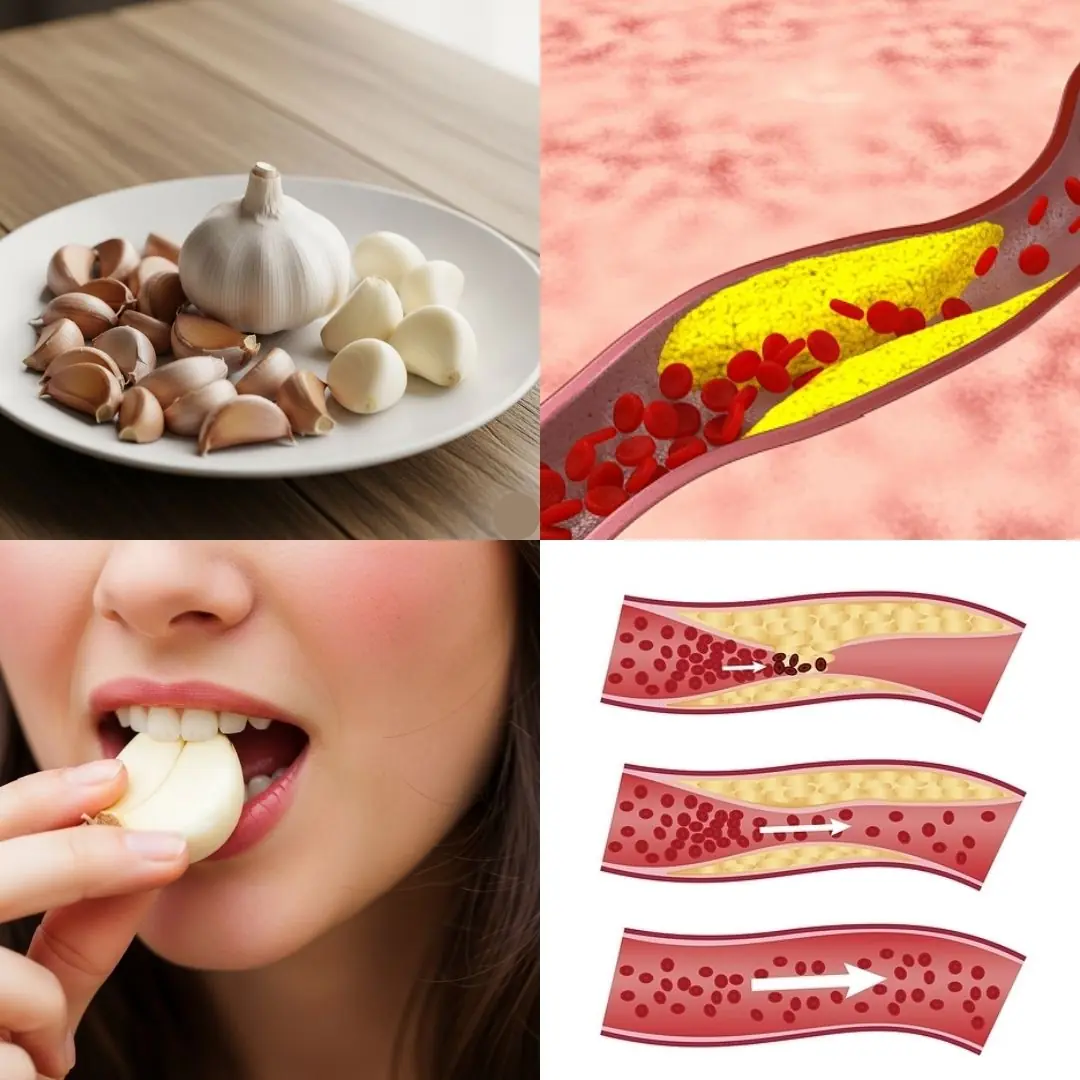
Why Eating Raw Garlic on an Empty Stomach May Offer Unexpected Health Benefits

What Role Do Cloves Play in Health Care? A Closer Look at This Powerful Spice
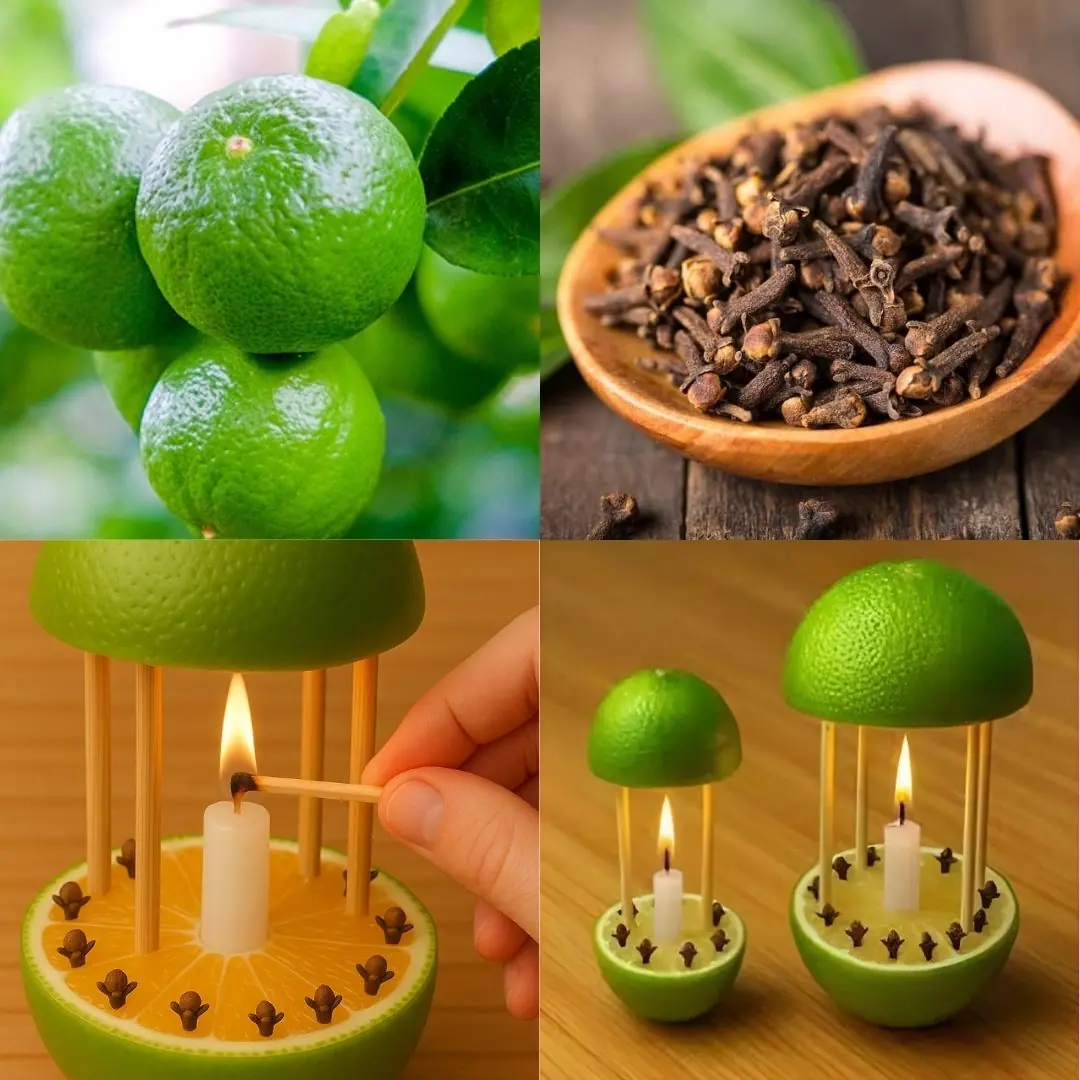
Why You Should Put Cloves in a Lemon: A Powerful Home Remedy

How to Make Onion Hair Oil for Faster Hair Growth and to Stop Hair Fall

Seniors: Drink This to Support Knee Cartilage and Joint Health Naturally

Drinking Lemon Water Before Bed: 90% of People Don’t Know These 10 Surprising Health Benefits

17 Gentle Signs Your Liver Might Need Some Extra Care
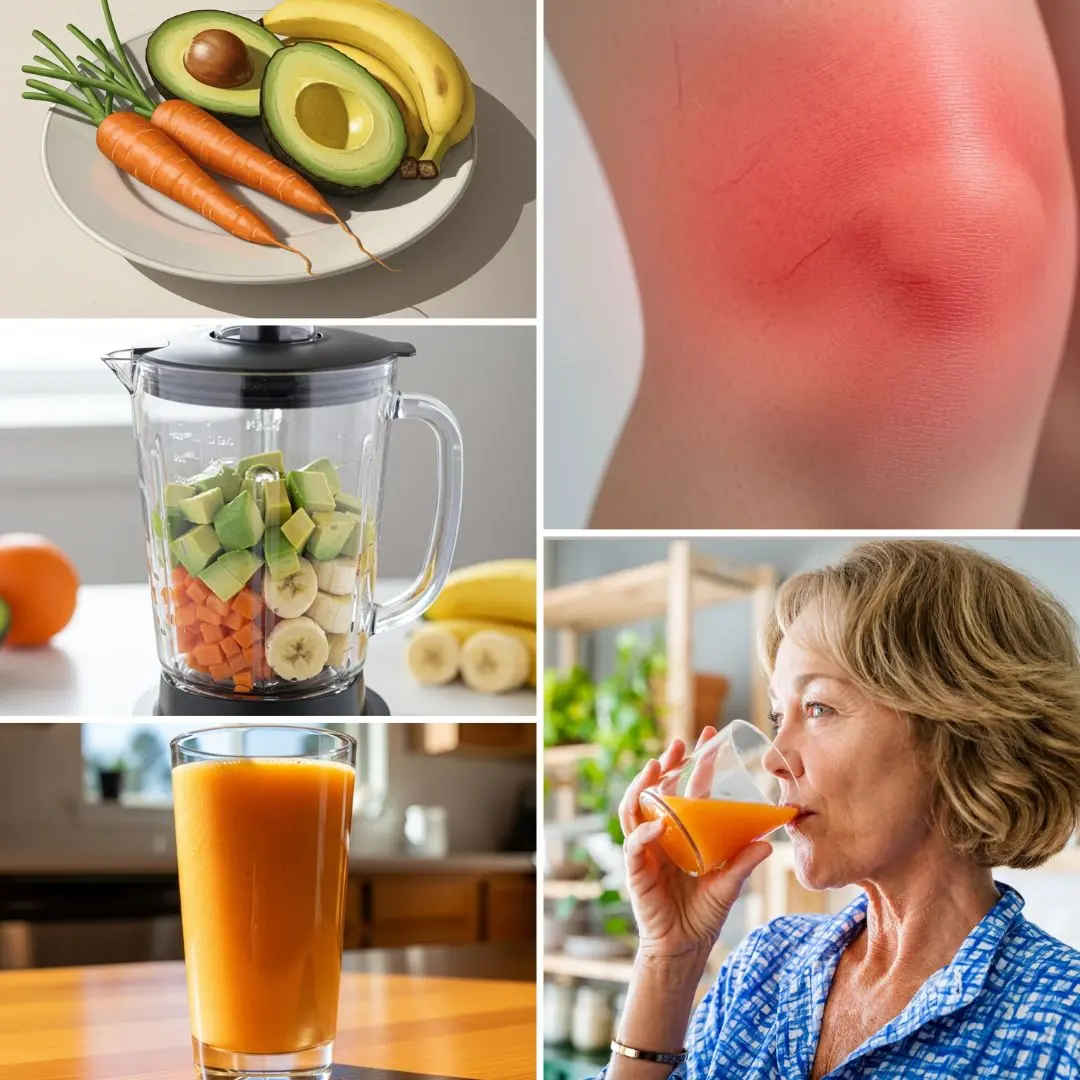
A Natural Boost for Energy, Digestion & Glowing Skin
News Post

Improve Your Vision Naturally: Just One Spoonful of This Powerful Mixture Can Make a Difference

The Miracle Drink for Pancreas, Diabetes, Liver, Circulation & Cancer – All Natural and Free!

Explore the Benefits of Natural Remedies: Homemade Solutions for Removing Mucus and Phlegm – Stay Healthy the Natural Way

Discover Nature’s Hidden Gem: The Surprising Powers of Pineapple Weed

In front of everyone, my own sister humiliated me at her wedding…

Alena! What kind of circus is this? Why did Kirill come back to me with a suitcase? Did you kick him out?

My Kids' Future Stepmom Treated Me Like Her Personal Surrogate – Then Demanded One of My Twins

At My Husband's Birthday Party, My Son Pointed at a Guest and Said, 'That's Her. The Same Skirt!'

Cloves and Orange Peel Tea: The Natural Remedy for Boosting Your Health

How to Reduce Your Risk of a Second Stroke (10 Things You Can Do)

Discover the Power of Crabgrass: A Surprising Superfood with Remarkable Health Benefits

The Most Effective Way to Clear Your Lungs: Eliminate Cough & Mucus in Just 3 Days!

A Nourishing Vision Drink: Pumpkin and Red Pepper for Naturally Supporting Eye Health

The Meaning Of The Intriguing Gesture Of Scratching The Palm Of Another Person’s Hand

Doctor Warns: Sleeping With A Fan On May Trigger Allergies And Respiratory Issues

Three City-Killing Asteroids Could Possibly Strike Earth Within Weeks, Predictions Reveal

If You See A Purple Butterfly Sticker Near A Newborn, Here’s What It Means

Dandelion Root Coffee: A Gentle Herbal Brew That’s Winning Hearts
